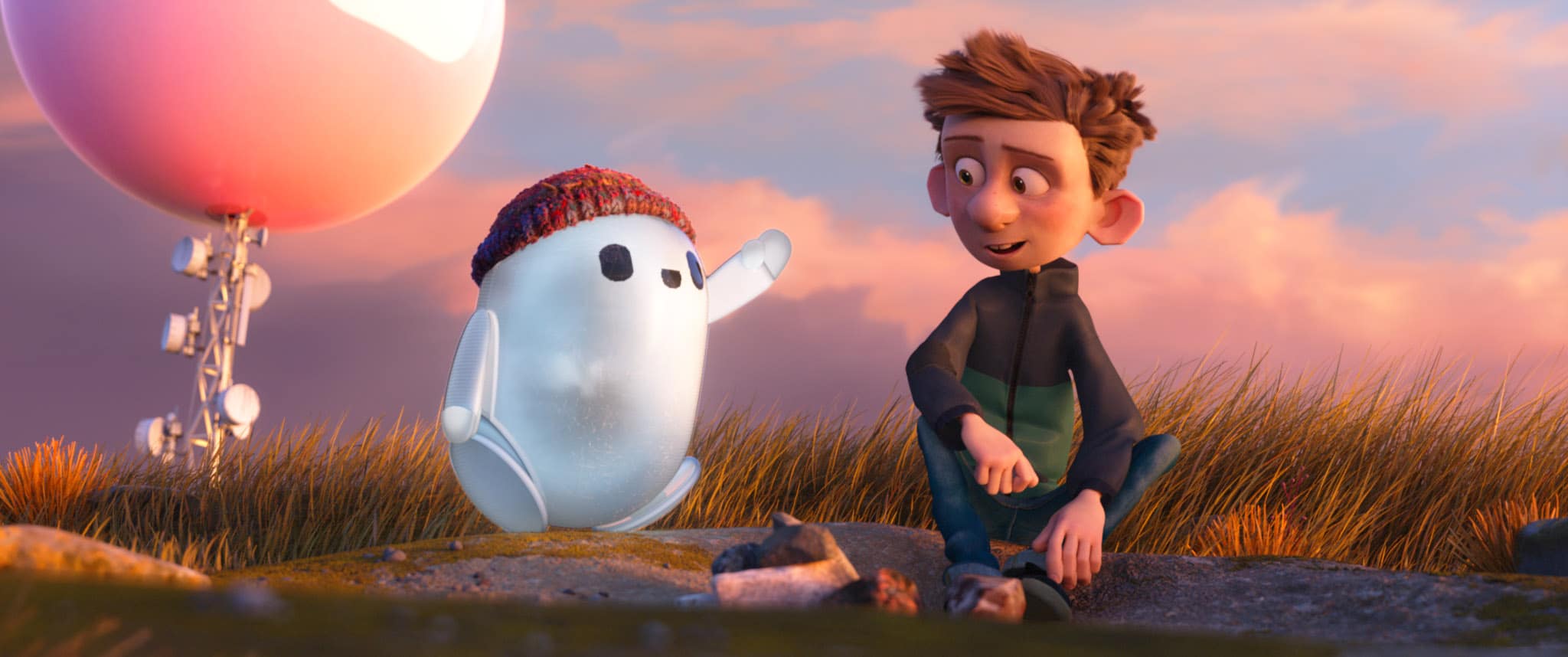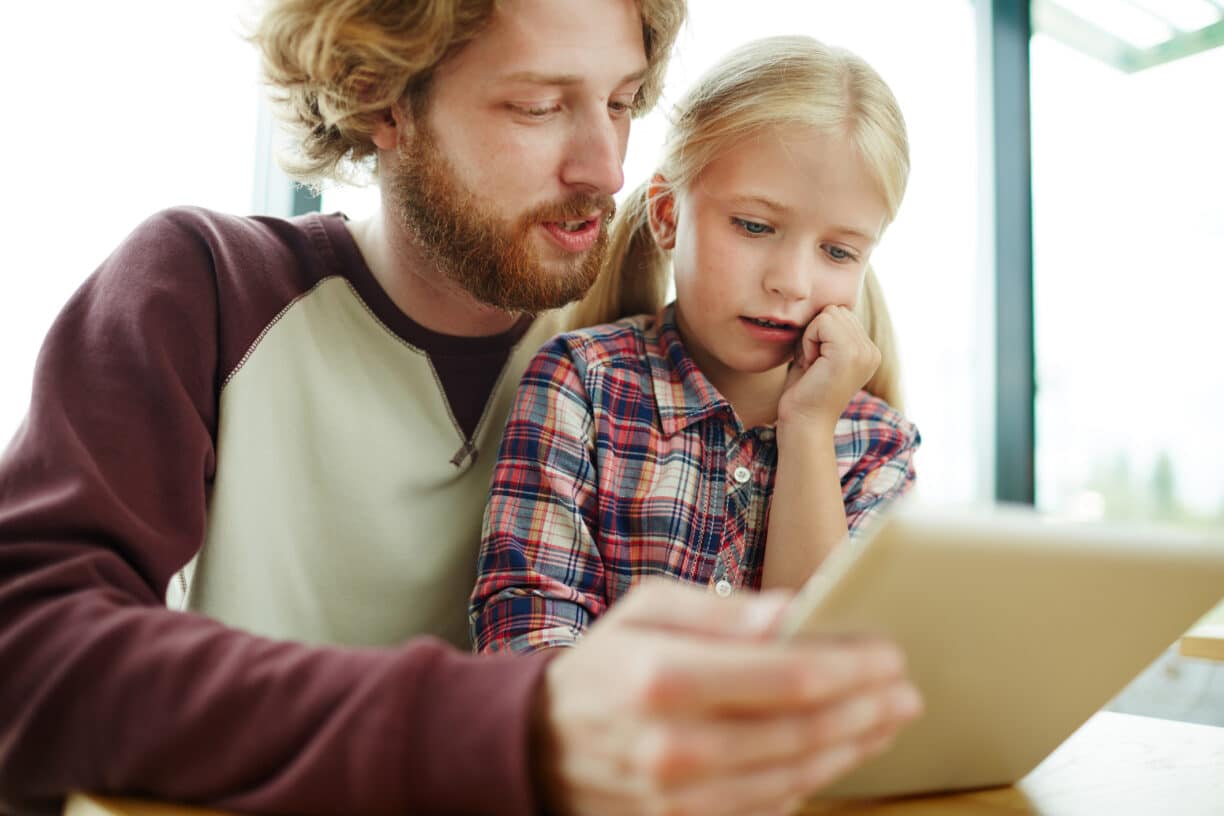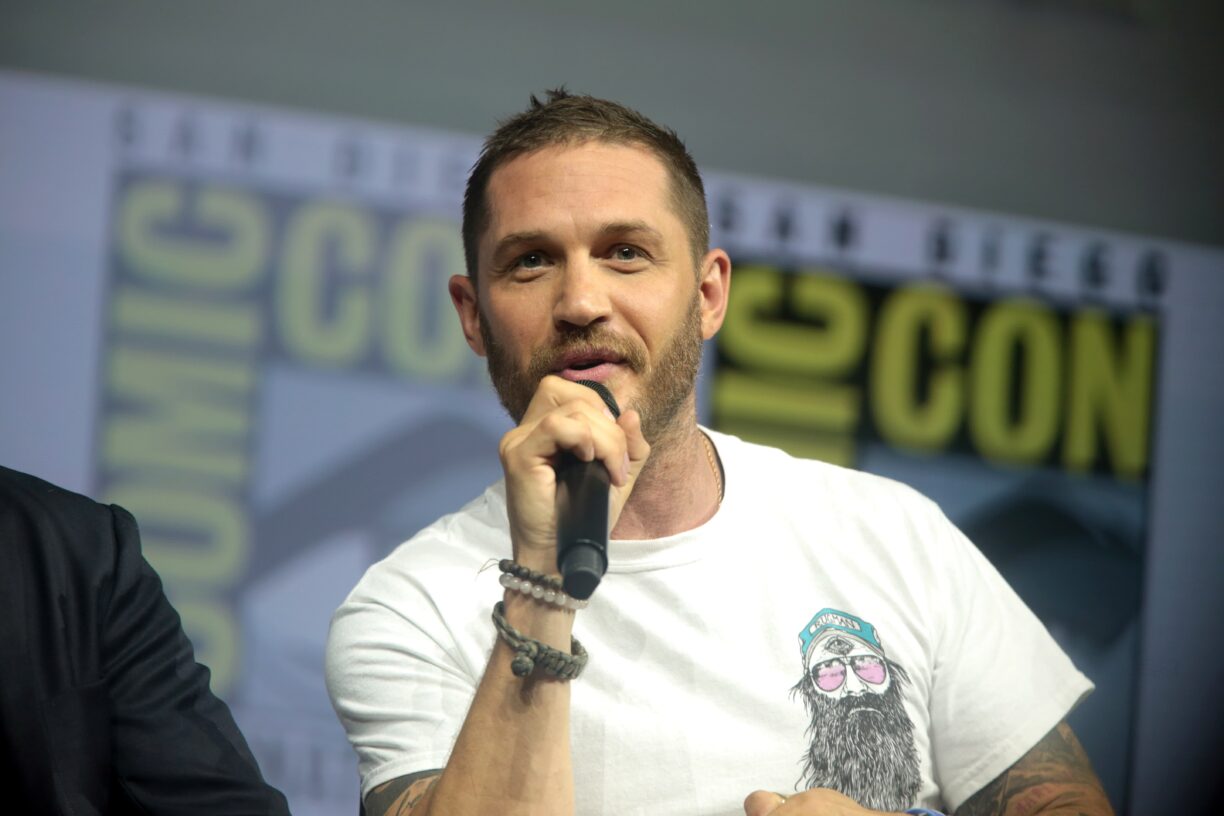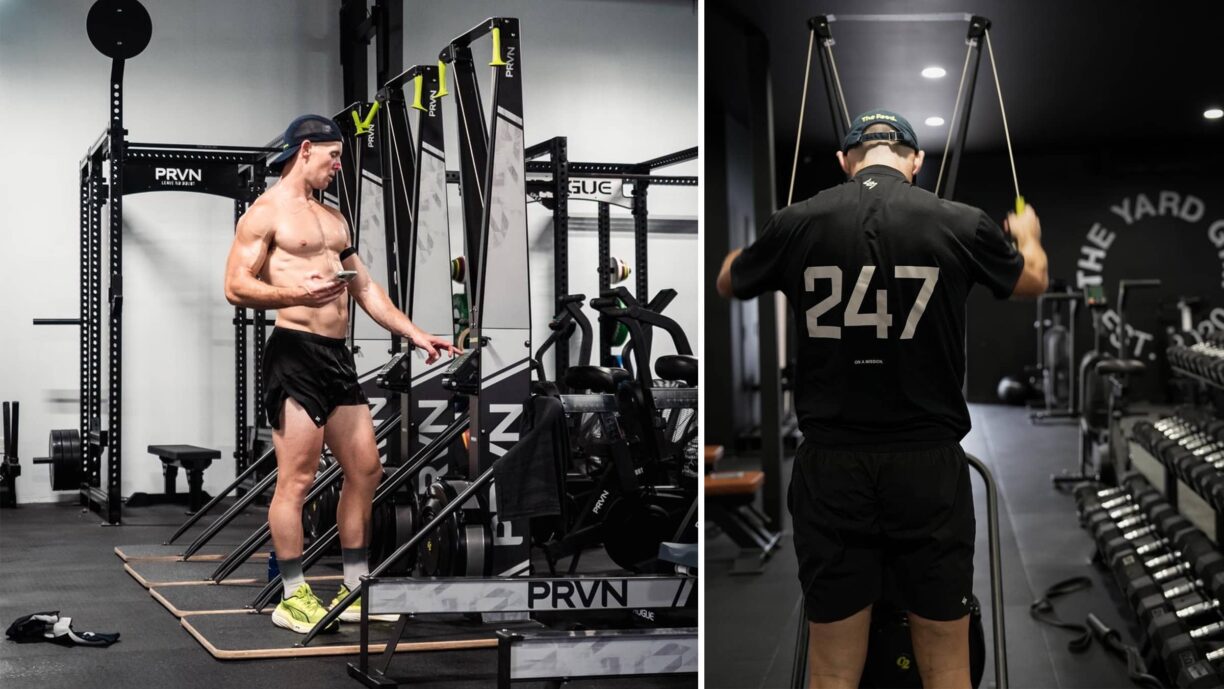Ron’s Gone Wrong is sure to strike a chord with just about everyone. The heart-warming comedy – the first theatrical release from UK-based studio Locksmith Animation – tells the story of Barney Pudowski, a lovable but awkward middle-schooler struggling to make friends.
He is simply missing the one thing that ensures popularity with his classmates: a B*Bot, a walking, talking, digitally connected device designed to be the perfect solution for navigating the challenges at school.
Rather, what ensues for this 7th-grader is Ron: a malfunctioning, freewheeling “best friend out of the box”, that forces the duo on a thrilling (yet chaotic) adventure that encapsulates the messiness of true friendship.
It was an idea born out of the filmmakers’ own childhood memories – and that of their kids.
“Like every parent, I experienced that awful moment when my kid came home saying, ‘I didn’t have anyone to play with today, and your heart breaks,” recalls Sarah Smith, who co-founded Locksmith Animation, and directs the film with Pixar veteran Jean-Philippe Vine and co-director Octavio E Rodriguez.
“But now they face the pressures of social media too, making it even harder.
“We wanted to make a movie about kids’ friendships in the social media age and that universal feeling that every child has that everyone else has got it all sorted except them. [But] most of us carry that feeling throughout our lives.”
“I remember being at the very grand home of a studio boss; it was a very swank affair and I found myself standing alone at the food table trying to look incredibly busy because I didn’t know anyone there,” says scriptwriter Peter Baynham, who worked with Smith on Arthur Christmas.
“That feeling of being on the outside looking in never truly goes away, does it? It’s such a universal human emotion, so we knew we had something authentic that was going to endear Barney to the audience.”
Also sure to entice the audience is a stellar voice cast that includes the likes of Zach Galifianakis as Ron, Jack Dylan Grazer as Barney, Ed Helms as Barney’s dad Graham, Olivia Colman as Bulgarian grandmother Donka, and Rob Delaney as manically ambitious Bubble chief executive Andrew Morris. Grazer, for one, can certainly relate to the struggle to fit in.
“I remember being the kid in middle school that didn’t have whatever it was that everybody else had and I was the odd one out,” he recalls.
“That’s why this project was so attractive to me, and why I am so compelled because I related so much to Barney – he’s just a beautiful character and he’s so genuine and naive and sweet.”
At just 18, the Californian actor, known for his portrayal of Freddy Freeman in the DC Extended Universe film Shazam!, hasn’t known a life without social media and modern-day tech.
“I was doing interviews with Liam Payne [who voices a character and whose new single Sunshine will feature in the film] yesterday and it’s similar to what he said – that he grew up with it, it was always around.
That’s the same for me,” muses the teenager, who has 4.3 million followers on Instagram. “My relationship with social media is, I like to say, strictly business.
But of course, being the curious cat that I am, I do sometimes want to post stuff. But the majority is business, promotional – or skate videos!”
In contrast, stand-up star turned actor Galifianakis, 52, steers clear of it entirely. “It’s not that I don’t understand it, it just seems very noisy and there seems to be a lot of people disagreeing – and some of those people are robots!” he explains. “There’s just not enough validity in it to me, so I ignore it.”
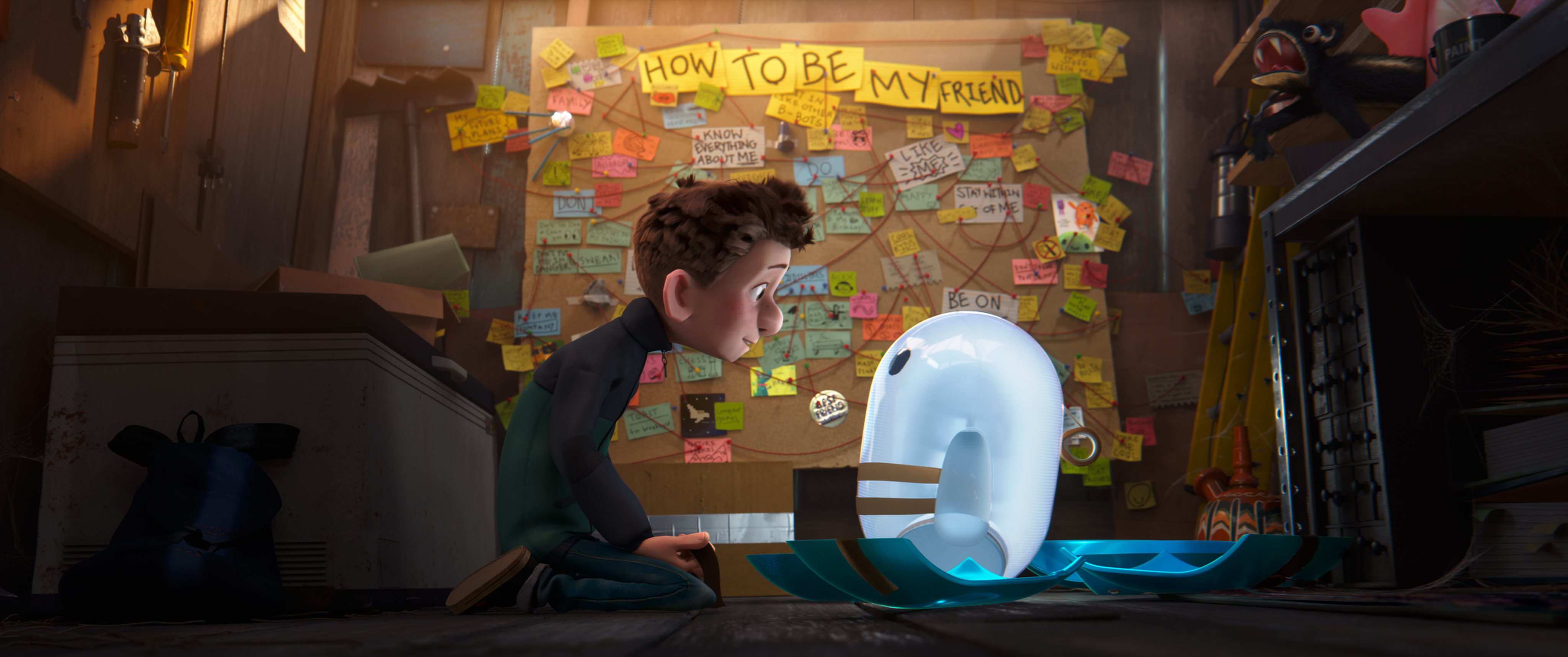
“I dip in and out of it and I sometimes have had fun with it, but lately it feels just like a lot of people screaming at each other,” adds his Hangover co-star, Helms, 47.
“If I do go down a rabbit hole, I tend to finally put my phone down in a worse mood than I started, so I am kind of thinking maybe I’ll just drop out entirely.”
“There’s a science to it,” Galifianakis interjects. “There’s dopamine that gets released when you have more followers – this is what social scientists are saying now that they’ve done brain things and it’s like a high, right? At first it didn’t seem all bad, it seemed like a really great thing, and the dark side seems to be taking over.”
For the film-makers it was a premise that was always set to invoke conversation – with Smith’s own parental fears the very reason she chose a B*Bot as the integral character.
“Originally I just wanted to turn an iPad into an animated character because the iPad was the thing that was worrying me most as a parent,” says the Briton, who also co-wrote and exec-produces the feature.
“I was seeing my little girl grow up and become immersed – it’s like your kid goes into this new playground and you can’t go with them and hold their hand, and you don’t know what’s going to happen and if they’re going to get hurt and if they’re going to understand it.
“I thought, ‘This is the most important thing we need to be figuring out and talking to our kids about,” she reasons.
“And obviously, when I pitched it to Pete, he then helped twist it into comedy. Like, ‘So yeah, but what if the main character is basically an idiot?’”
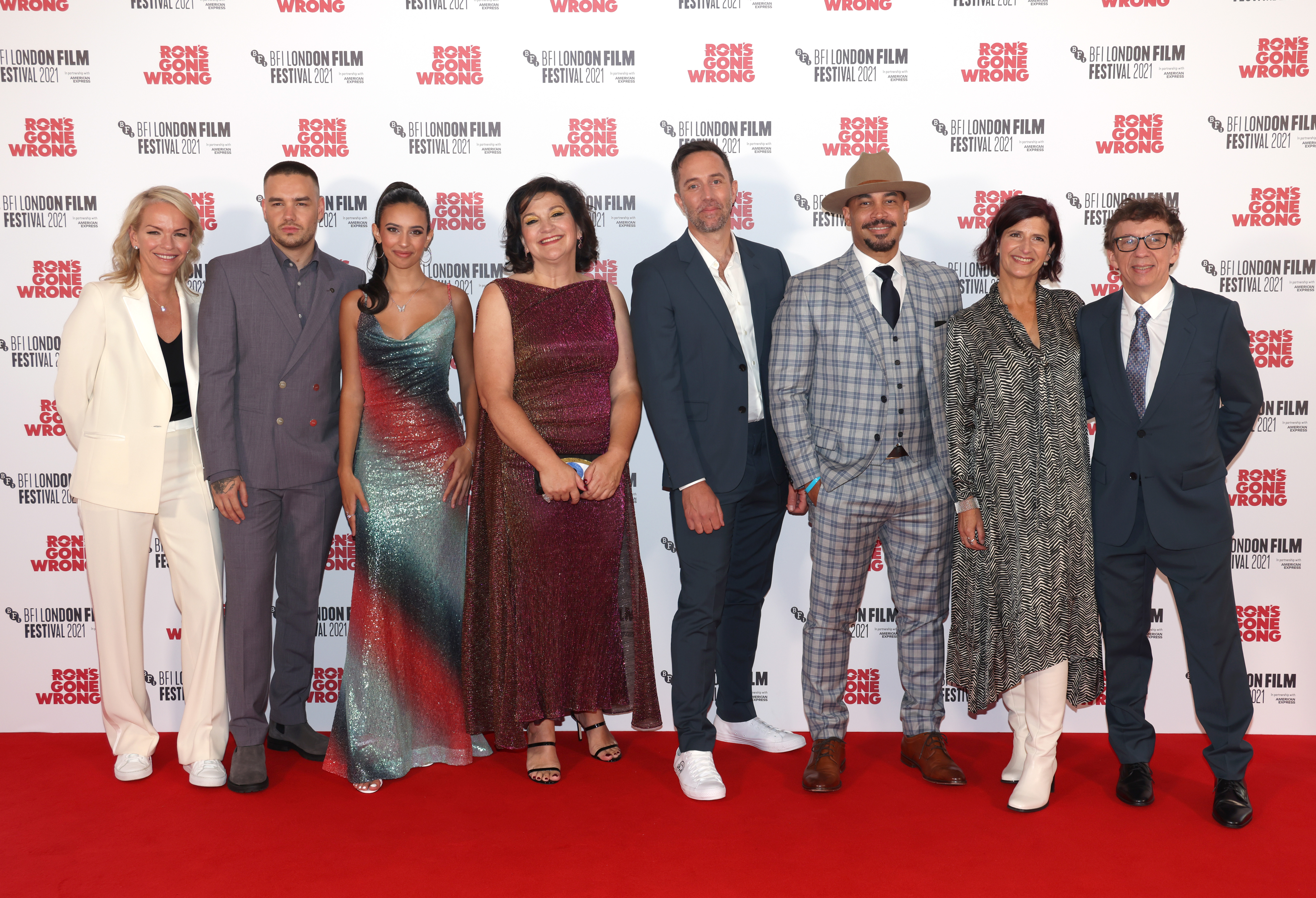
But with a young audience and our reliance on technology at an all-time high, it was unrealistic to reject technology in favour of friendship – it’s more about how we use it, say the team.
“We toyed earlier on with all the B*Bots go[ing] away, but in the end, my daughter is 13 and has a phone, and if I say to her, ‘The message of this movie is put down your phone’, she’s like, ‘You first’…” argues Baynham. “You can’t do a movie about the evils of technology, whilst making it using technology. That would be hypocritical.”
“We all feel insecure about social media and all these other things – it just has that effect,” Smith says, nodding along.
“I want every movie to be a message in a bottle from me to my kid and from other parents to their kids. In a way, some of where Ron comes from are the things I wanted to say to my daughter sitting on her bed at night when she was worried about not having friends, and you want to say, ‘It will be OK, you will find those friends, and just because you don’t have them now doesn’t mean that it’s not coming.’
“That is what drives the emotion of Ron, really: those things you want your kid to understand so that they don’t go through all the pain and suffering as they grow up.”
“It’s a cautionary tale,” offers Grazer. “The overarching message is true connection, and that connection can happen in the most unlikely of places.”
Ron’s Gone Wrong is in cinemas now.

